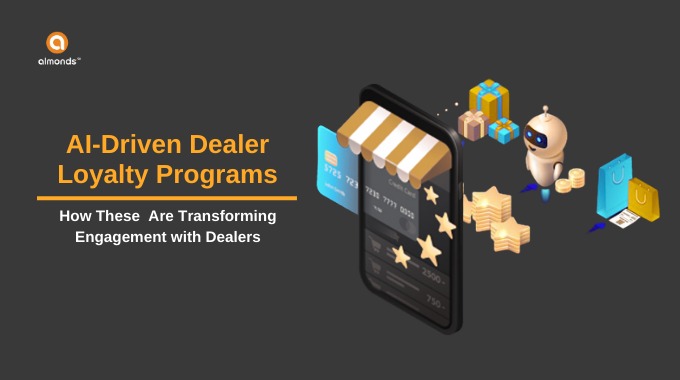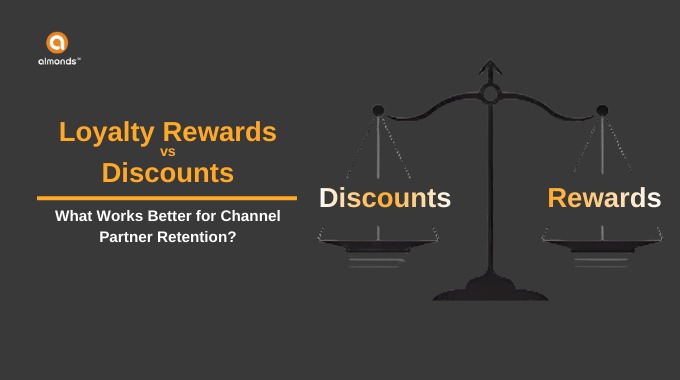Did you ever think that the slam dunk in basketball could have something in common with your marketing strategy? It might sound mind-boggling, but bear with me for a moment as we explain this analogy.
The B2B marketing arena is filled with hustle and rush. Here, everyone often fixates on the final conversion, the equivalent of a spectacular slam dunk that secures the win. However, much like in basketball, where a game is never won by a single player’s move, the success of your marketing efforts relies on the intricate interplay of various touchpoints and strategies.
So, let’s embark on a journey where we explore the uncanny parallels between the world of B2B marketing and the mesmerizing game of basketball, unraveling the strategies that lead to victory in both realms.
The Basketball Analogy
Imagine a basketball game where the outcome is determined by five different attribution models:
Last-Touch: Victory belongs to the Shooting Star
Last-Touch Attribution refers to giving credit to the final action or player’s move that directly led to winning a game. It focuses on the last significant action that secured victory.
Same as in marketing, this model might attribute success solely to the last marketing channel or campaign a customer interacted with. For example, if a customer made a purchase after clicking on a Facebook ad, the credit goes entirely to the Facebook ad.
First-Touch: The Point Guard did all the effort
First-Touch Attribution in gaming credits the player or action that initiated the game’s success. It recognizes the importance of the first move that set the stage for a victory.
In marketing, First-Touch Attribution acknowledges the initial touchpoint that introduced a customer to a brand. It’s like recognizing the first marketing interaction that led to a customer’s awareness and engagement.
Linear: Everyone on the team contributed equally
Linear Attribution in gaming evenly distributes credit across all players or actions involved in winning a game. It acknowledges that every player’s contribution matters.
Just as in gaming, Linear Attribution in marketing values all marketing efforts equally along the customer journey. It recognizes that various touchpoints contribute to building brand recognition and trust.
Position-Based: Point-Guard and Shooting Star played the majority role
Position-Based Attribution in gaming assigns credit based on the roles of different players. It typically emphasizes the contributions of key players while giving less credit to supporting roles.
In marketing, Position-Based Attribution may highlight the importance of both the initial touchpoint that introduced a customer and the final conversion action. It acknowledges that some marketing interactions are more influential in driving conversions.
Time-Decay: Shooting Star contributed the most, while Point-Guard contributed the least
Time-decay attribution in gaming assigns increasing credit to the actions or players closer to the game’s end. It assumes that recent actions have a stronger impact on victory.
This model in marketing attributes more importance to recent engagements. For example, it acknowledges that a customer’s recent interactions with marketing campaigns or website visits may have a more significant impact on their decision to convert.
Just as basketball is a team sport, B2B marketing is a collaborative effort. No single touchpoint or player can win the game alone.
The B2B Customer Journey
In the realm of B2B marketing, a customer’s journey involves navigating through multiple touchpoints before reaching the “Shooting Star,” which, in this case, represents the final conversion or sale. It’s crucial to recognize that most of these touchpoints in between are not designed for immediate conversion but to enhance brand consideration scores.
These intermediary touchpoints can be likened to the assists in basketball – they facilitate the path to success. Examples of such touchpoints may include Organic Social, TikTok, and Content Marketing. They play a pivotal role in raising awareness, engaging the audience, and paving the way for the ultimate conversion.
Marketing Attribution: Giving Credit Where It’s Due
Much like in basketball, where credit should be given to both the Shooting Star and the Point Guard, marketing attribution aims to acknowledge the contribution of each touchpoint in the customer journey. It’s about understanding the holistic impact of marketing efforts rather than focusing solely on the last touchpoint.
By appreciating the value of each touchpoint, you can refine your marketing strategies and make informed decisions to ensure success. Remember, in both basketball and marketing, it’s a team effort that leads to victory.







